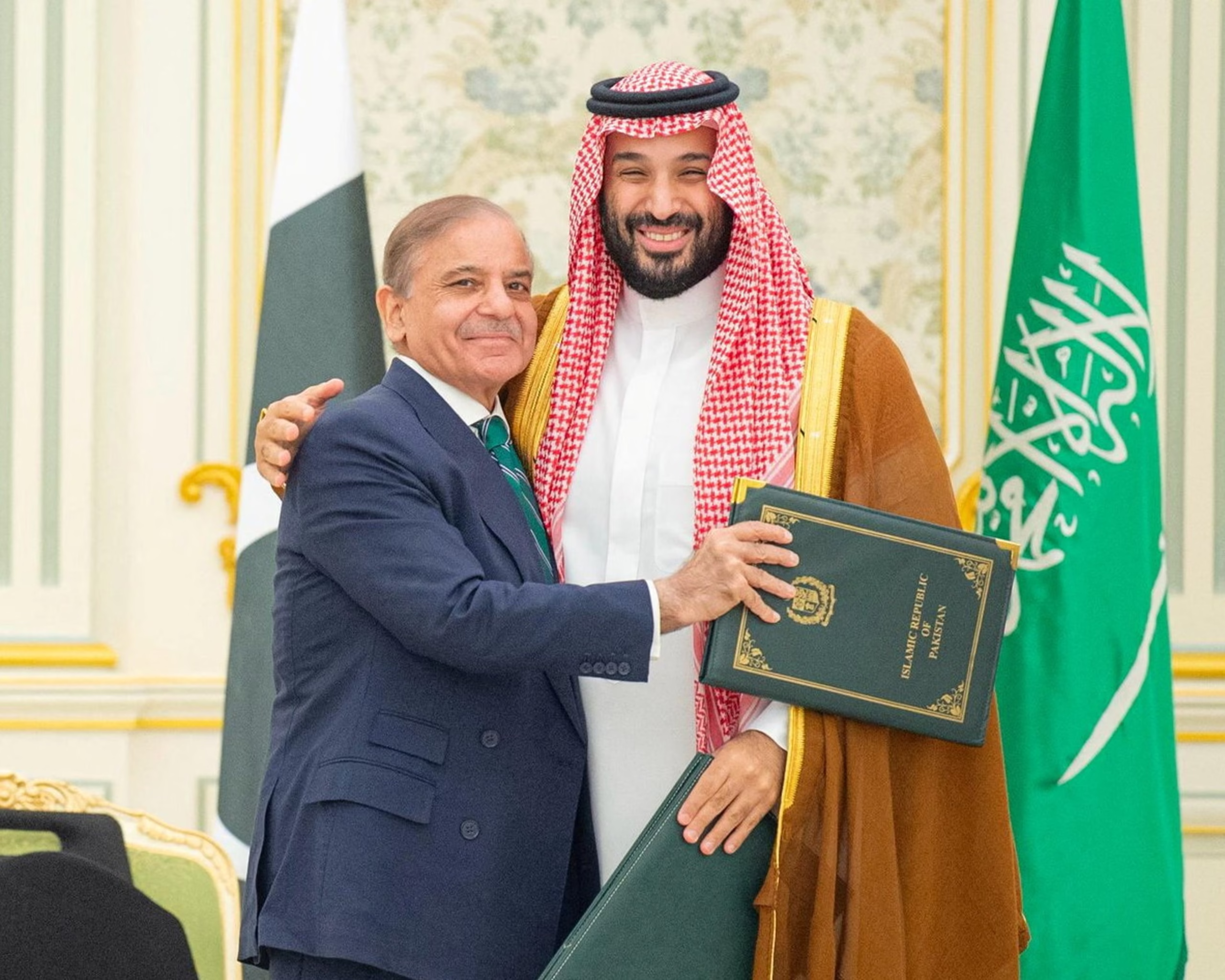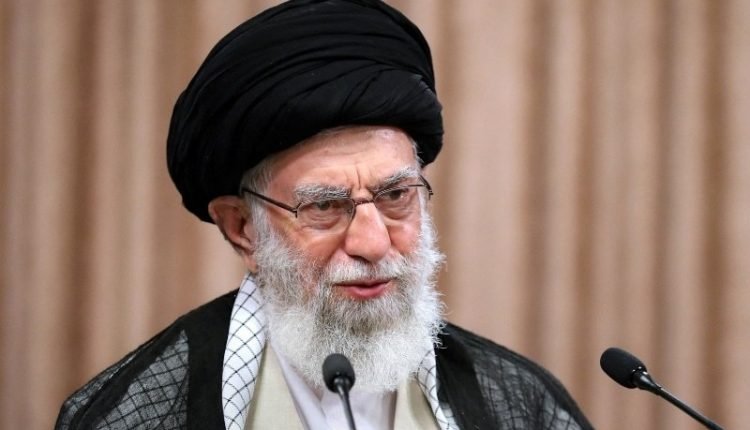The recently announced defence pact between Pakistan and Saudi Arabia has stirred debate across the Muslim world. To my mind, this agreement is not just a routine diplomatic gesture but a bold recalibration of regional security dynamics. It reflects a growing realization in Riyadh that reliance on traditional protectors — chiefly the United States — is no longer sufficient, and that new alliances are needed to shield Arab sovereignty in an increasingly hostile environment. For Pakistan, the pact is an opportunity to leverage its military prestige and gain much-needed economic dividends while reaffirming its status as a central player in Muslim geopolitics.
For over two years, the Middle East has been engulfed in a cycle of conflict — Israel’s relentless military operations, the devastation in Gaza, and attacks that regional observers say go well beyond self-defence. Former Pakistani ambassador to the UN, Dr. Maleeha Lodhi, has pointed out that Israel struck multiple nations in less than a month, while Prime Minister Netanyahu himself has spoken of being on a “historic and spiritual mission,” echoing the old dream of a so-called “Greater Israel.” Whether one interprets these words literally or symbolically, the political message is clear: Israel seeks to expand its strategic footprint across territories once thought untouchable.
Qatar’s case was particularly striking. Doha, which had little to do with the frontline conflict except mediating, still found itself in the crosshairs. If even a neutral mediator could not escape aggression, what security guarantee remains for Arab monarchies? This is the question that has shaken Riyadh. The reality is stark: with the U.S.–Israel alliance growing ever tighter, Arab states can no longer count on Washington’s shield. American foreign policy, shaped in part by powerful pro-Israel lobbies, makes it politically impossible for the U.S. to counter Israeli overreach. Hence, the Arabs are looking elsewhere.
And who better to look toward than Pakistan? With the world’s sixth-largest army, a battle-hardened military, and, crucially, nuclear capability, Pakistan represents the only credible Muslim power capable of balancing Israel’s military might in the region and perhaps beyond. More importantly, Pakistan’s historical ties with Saudi Arabia — ranging from military training missions to joint exercises — provide a foundation of trust that few others can match.
The joint communiqué of the pact leaves little ambiguity: “Any aggression against either country shall be considered an aggression against both.” In effect, Riyadh and Islamabad have declared a collective defence posture, a striking departure from the cautious bilateralism of the past. If implemented seriously, this could reshape security alignments across the Gulf. Saudi Arabia is not just any Gulf state; it is the anchor of Arab politics, the custodian of Islam’s holiest sites, and the region’s economic powerhouse. Where Riyadh goes, others often follow. It is not inconceivable that Qatar, the UAE, and Bahrain could soon explore similar understandings, knitting together a broader Muslim security framework in response to Israeli assertiveness.
Yet one must be realistic. For Pakistan, the pact does not mean boots on the ground in Riyadh’s service. Islamabad’s gains will be more subtle: economic relief, investment flows, and enhanced international stature. Pakistan’s fragile economy needs Saudi oil credit, remittances from Pakistani workers, and capital for infrastructure. By aligning with Riyadh, Islamabad secures these lifelines while positioning itself as the military shield of the Muslim world.
Saudi Arabia, in contrast, seeks hard power. Despite lavish arms purchases, the Kingdom lacks the combat experience and deterrence credibility that Pakistan possesses. A visible alliance with Islamabad signals to Tel Aviv that Riyadh cannot be bullied or isolated. But here lies the irony: Saudi Arabia is also courting India. Trade volumes between New Delhi and Riyadh exceed $50 billion annually, and Indian giants like Reliance hold deep stakes in Aramco and projects like the futuristic NEOM city. With 2.6 million Indians working in Saudi Arabia, Riyadh would hesitate to antagonize India directly. For this reason, the pact should not be read as a blank cheque for Pakistan against New Delhi. Similarly, the question of Yemen — the Houthis and the question of Iran — Pakistan would not directly engage but rather try to leverage its position to find a diplomatic solution.
Instead, the real meaning of the agreement lies in deterrence against Israel. Riyadh knows Washington cannot — or will not — restrain Tel Aviv. Pakistan offers a Muslim counterbalance that can at least complicate Israel’s strategic calculus. Of course, the risks remain. Mossad will undoubtedly seek to leverage the Indian diaspora in the Gulf to undermine Saudi interests, exploiting the growing Israel–India nexus. Riyadh must tread carefully, balancing its economic partnerships with India against its defence partnership with Pakistan.
To me, this pact symbolizes a quiet but historic shift: the Muslim world is rediscovering the need to rely on itself. For too long, Arab states outsourced their security to Washington, only to learn that America’s “special relationship” with Israel outweighs every other alliance. By turning to Pakistan, Riyadh has admitted the limits of Western guarantees and acknowledged that Muslim unity, however fragile, is the only real deterrent left.
The implications are profound. If sustained, this pact could evolve into the nucleus of a wider Muslim security bloc, the kind once dreamed of but never realized. It could also provoke new rivalries, pushing Israel and India closer while forcing the U.S. into uncomfortable recalibrations. But one thing is certain: the Saudi–Pakistani defence pact has redrawn the map of Middle Eastern geopolitics. The real question is whether both sides have the political will to turn words into action — or whether this, too, will remain just another declaration lost to history.
Author is Zohaib Tariq who is a graduate of the London School of Economics and holds a master’s degree in International Relations.
















